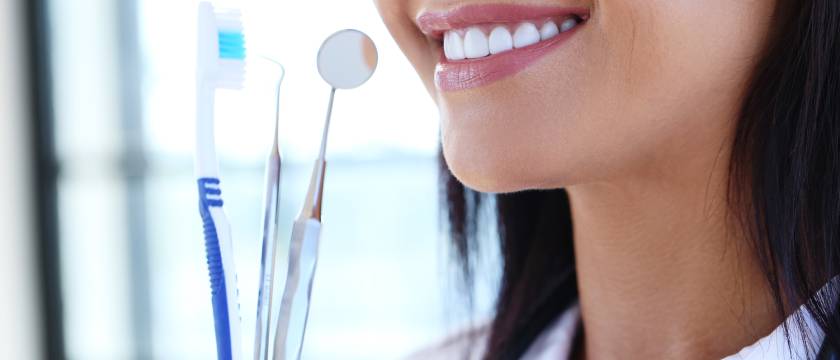The Role Of Genetics In Susceptibility To Oral Diseases

The Role Of Genetics In Susceptibility To Oral Diseases
The role of genetics in susceptibility to oral diseases is an area of research that is gaining increasing attention. Studies have shown that certain genetic factors can make an individual more susceptible to certain oral health issues, such as tooth decay, gum disease, and oral cancer. It is important to note that genetics is not the only factor that determines a person's susceptibility to oral diseases. Environmental factors such as diet, oral hygiene, and lifestyle choices also play a significant role in the development and progression of oral health issues. The greatest dental care is provided to both adults and children at the Matrix Dental Clinic in Vasant Kunj India, by a team of highly qualified Dentist in Delhi . Dental Excellence offers stress-free, reassuring care that is courteous and kind.
Genetics And Oral Health Major Points
-
Numerous prevalent diseases are caused by interactions between genes and the environment rather than by a single gene deficiency.
-
There hasn't been a gene discovered yet that affects periodontal disease as much as environmental factors like smoking or diabetes.
-
As complicated diseases with several genetic and environmental risk factors, dental caries and periodontal disease currently lack a predictive test.
-
Clinical measurements continue to be the most effective method for assessing caries and periodontal disease at present moment, despite the possibility of clinical applications for genetic testing in the future.
Oral Health Genetics can influence oral health by increasing a person's propensity for developing specific disorders:
1. Periodontal disease is a complex illness linked to dental infections, genetic vulnerability, and lifestyle factors. Mucous membrane inflammation and alveolar bone loss are exacerbated in the hereditary variant. 4 There will be a hereditary predisposition to periodontal disease in up to 30% of people.
2. Decay Patients will argue that their disease is inherited by mentioning that their parents or grandparents had extensive dental decay. They might be correct because the beta-defensin 1 gene has been associated with a higher incidence of tooth decay in permanent teeth. This gene promotes bacterial colonisation and is expressed in saliva.
3. Congenital toothlessness is the most prevalent dental abnormality. There are 120 genes whose expression is linked to congenitally missing teeth during the phase of tooth development, when the tooth germ is growing. Additionally, some lifestyles that involve trauma, illnesses, and medicines can obstruct the development and spread of the missing tooth problem.
4. Malocclusion may run in families. Due to the relationship between the size of the upper and lower jaws or the size of the teeth, it might result in dental issues if the occlusion is out of alignment. There may be too many teeth for the size of the jaw, excess, crowded, or missing teeth, or the jaw may be out of position. Lifestyle factors, including as trauma or habits like sucking on pacifiers or thumbs, can also result in malocclusion.
Conclusion
Even while it can be challenging to pinpoint the exact cause of a patient's problem, if home care is top-notch, it is likely genetic or hereditary. The clear indicator of whether lifestyle is a contributing factor is based on what home care looks like. Because our genes give us certain traits, promoting healthy lifestyles may be the key to enhancing dental health.



